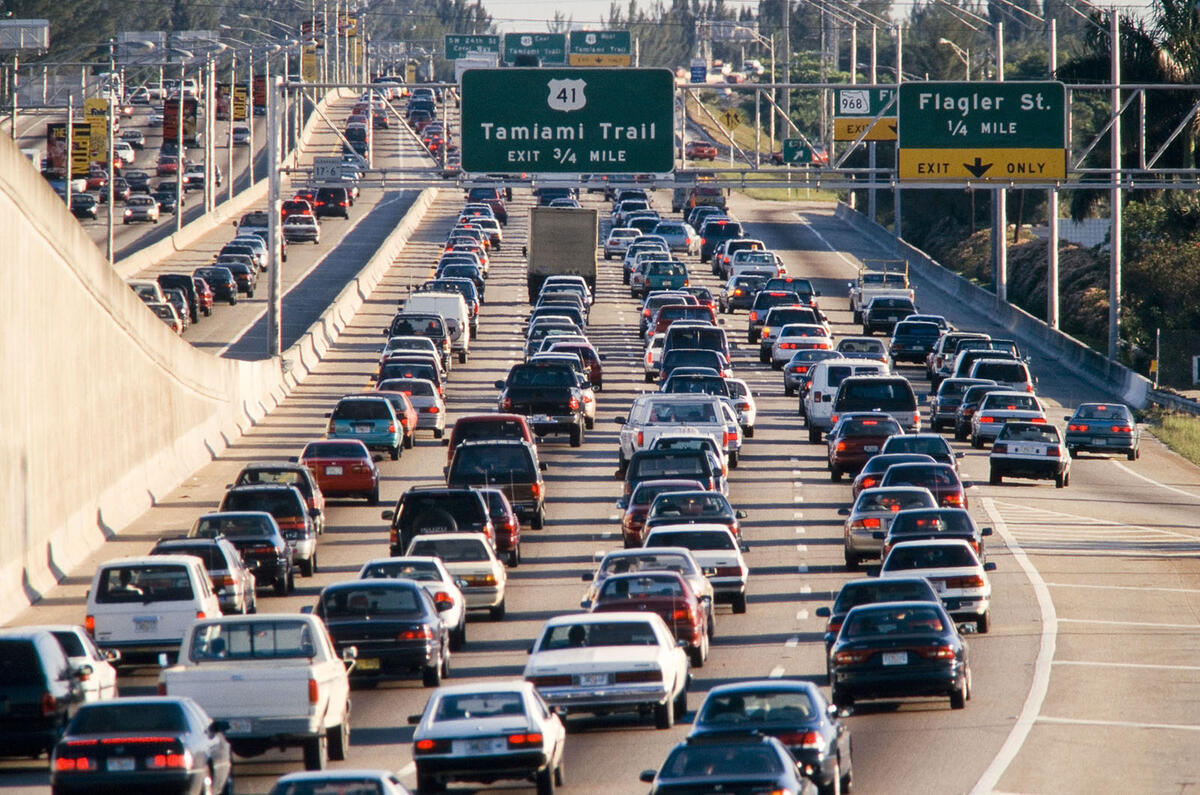A less obvious downside of Donald Trump’s presidency is that we might never know what will happen when the EPA’s 2025 fuel economy regulations come into force.
Read more: Donald Trump may ditch ‘onerous’ US fuel economy laws
If buyers won’t buy the cars that legislators want them to, what happens next? State laws banning certain vehicles and engine sizes?
There’s an argument that climate change regulations and the free market are on course for a huge collision.
Since the first EU CO2 laws in 1998, car makers have been using diesel to drop fleet CO2 to the planned 95g/km average in 2020/21.
However, the introduction of real-world tests for both fuel economy and tailpipe pollution could make hitting that target impossible.
All diesel vehicles will need costly high-volume urea injection in a bid to pass the stringent pollution tests and possibly even mild hybridisation to meet the CO2 targets.
It’s possible that vehicles built to meet these EU laws will be priced out of the market, or manufacturers won’t make a profit. Mass-market Volkswagen Golf-class cars could be rendered loss-making.
An exaggeration? In three years, Mercedes’ cars have to average around 64mpg and Ford’s about 78mpg.






Join the debate
Add your comment
Co2 targets
What happened to the German
The EU's CO2 targets are